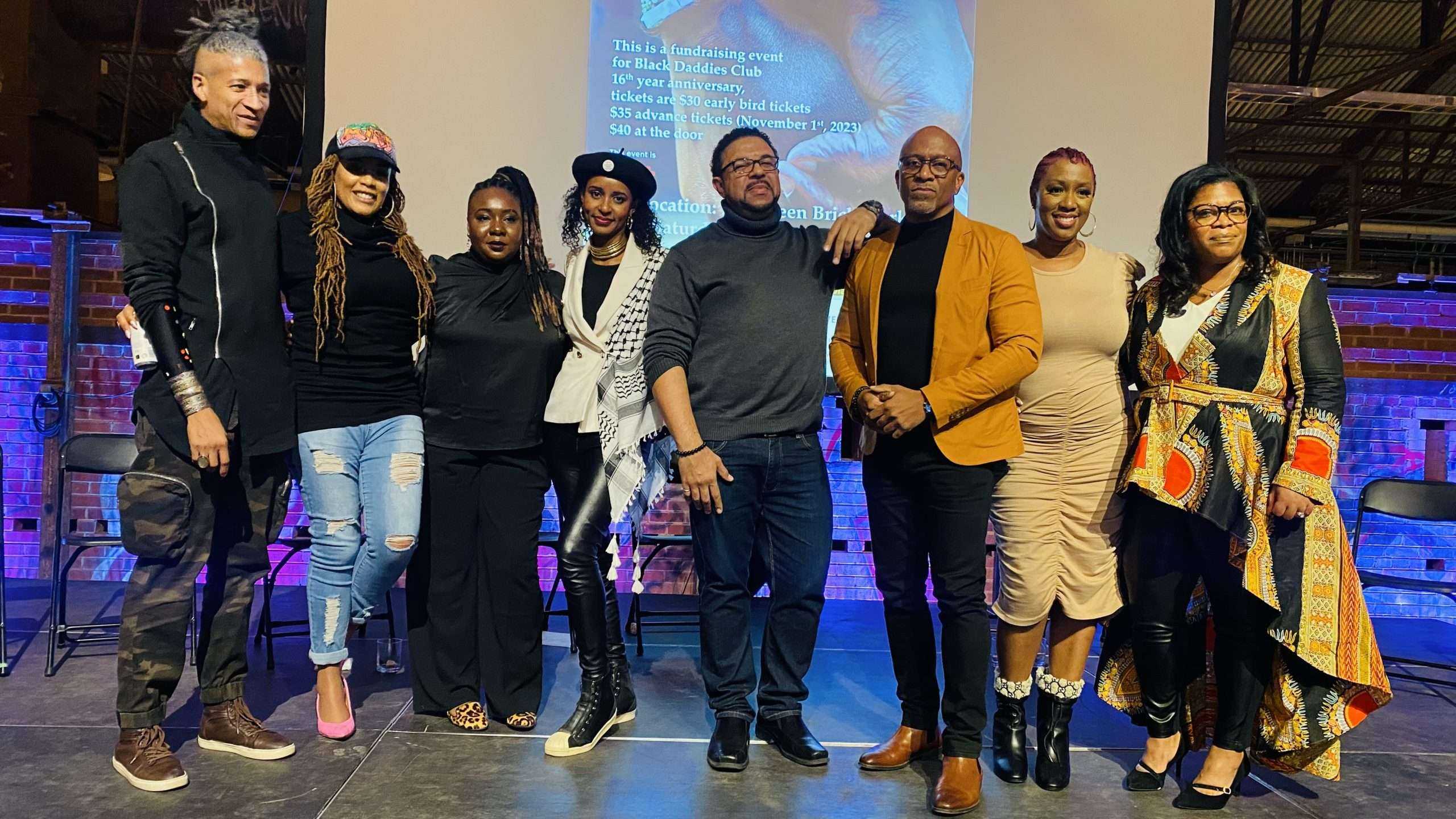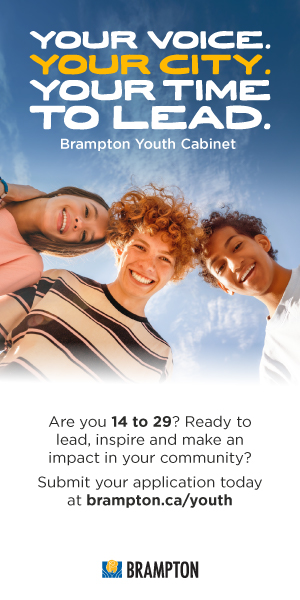on
BY SIMONE J. SMITH
“Loneliness is leading factor in depression, suicide amongst Black men. How do we find partnership and love, when we are in a society where disposability and ghosting people on dating apps is the norm?” Black father, divorced, Toronto
Modern life often comes with demanding schedules, making it challenging to find time for socializing and building relationships. Balancing work, personal life, and social activities is difficult, and even though in 2023 we have a prevalence of dating apps and online platforms, some individuals find it challenging to navigate the virtual dating landscape. From what I heard, it can be overwhelming to choose from numerous profiles and initiate meaningful connections. A 2021 study by Eharmony found that a woman’s desirability online peaks at 21, but, at 26, women have more online pursuers than men whereas, at 48, men have twice as many online pursuers as women.
Some individuals may have unrealistic expectations, influenced by social media, movies, or other external factors. This often leads to disappointment and frustration when reality doesn’t match these idealized visions. In an article written by Susan L Edelman (Psychiatrist and Associate Professor at Stanford University), she identified that because the world is the way it is, women start getting concerned about their desirability once they reach a certain age. To be frank, they feel the burden of this pressure much more than men, and they worry more about their chances of marrying once they pass over certain age thresholds.
Finding a partner after the age of 40 can be challenging for anyone. Cultural norms and societal expectations can impact dating dynamics, and individuals may feel pressure to conform to certain standards, leading to difficulties in expressing their authentic selves.
The process of dating can be quite difficult and scary, and discussions about dating between men and women can be sensitive and trigger various emotions due to the complex nature of relationships, societal expectations, and individual experiences. People may hold diverse perspectives, and topics related to dating can touch on personal, cultural, and social aspects that are often deeply ingrained.
Brandon Hay, Founder of Black Daddies Club decided that it was time to navigate these discussions thoughtfully, and approach them with empathy, respect, and an open mind.
His scintillating idea was to put on an event called “Finding a Partner After 40: A Conversation with Black Folks.” This panel discussion event was held at Evergreen Brick Works, 550 Bayview Ave, in Toronto, on Saturday, November 25th, 2023.
The Black Daddies Club curated this event to celebrate their 16th year anniversary. The event was designed as an education forum for people to engage and was open to the public. The invite was open to people who identified as: Black, racialized and non-Black, people who were in relationships, people who were single, people above 40 and people under the age of 40. The Black Daddies Club is a Toronto based grassroots organization that focuses on co-creating spaces for: Black fathers, Black men and the Black community in Toronto.
The moderated panel discussion event featured: Black therapists, Black sexual educators, Black Academics and every day Black folks talking about their various experiences around dating and finding a partner after the age of 40. The panelists and moderators for this event were:
Panelists:
- Tamari Kitossa | Professor – Brock University | Toronto, CA
- Tomika Long | Founder of Zee-Zee’s World | Toronto, CA
- Natasha Lawrence | Community Health Worker at WHIWH CHC | Toronto, CA
- Micheal Lambie | Design Expert & Entrepreneur | Toronto, CA
- Millie Boella | Co-Founder of Decolonizing Love | Toronto, CA
- Antonio J. Wheeler Jr. | Licensed Clinical Social Worker & Certified Alcohol & Drug Counselor | Chicago, IL (Was unable to make it due to the holidays)
- Sean Mauricette | Laying Foundations Together Inc. (Founder & Director) | Toronto, CA
- Mara Clarke | The Law Office of Mara Clarke | (Owner & Operator) | Toronto, CA
- A. Wade | Author/ Director/ | Toronto, CA
- Adex Lava | Artist/ writer/ Curator | Montreal, QC
I was excited to be called in as one of the moderators alongside Mawuli Chai (Social Entrepreneur | Toronto, CA). Navigating this discussion was not an easy task. Mawuli and I had to take the time to understand the different experiences and emotions tied to dating. We did our best to be empathetic and considerate of the panelist, and audience’s perspectives. It was about recognizing and respecting the diversity of experiences within the dating realm, and taking in different cultures, backgrounds, and personal histories that shape people’s views on relationships.
One thing that I learned in moderating this event is that you have to be mindful of the language you use to avoid perpetuating stereotypes, or unintentionally causing discomfort. Using inclusive and respectful language can contribute to a more positive and constructive conversation. It was imperative to foster an environment where people felt comfortable expressing their thoughts without fear of judgment. Mawuli and I encouraged open dialogue, and of course stayed aware of the potential for sensitive topics.
It was a successful event, with some tense moments, and understandably so. I had a moment with Brandon Hay, and he expressed his gratitude. “We had over 200 people that attended the event throughout the night, and we wouldn’t have been able to do this event without your support and presence.
Thank you to the event partners, panelists, BDC volunteers, the audience who came out and much love to the Evergreen Brick Works and AV team, the audience who attended had nothing but great things about the venue and the overall production of the event.”
This is the genesis of something compelling, and I look forward to what Brandon Hay, and the team at Black Daddies Club curates next.
Stay in the loop with exclusive news, stories, and insights—delivered straight to your inbox. No fluff, just real content that matters. Sign up today!
We, as humans are guaranteed certain things in life: stressors, taxes, bills and death are the first thoughts that pop to mind. It is not uncommon that many people find a hard time dealing with these daily life stressors, and at times will find themselves losing control over their lives. Simone Jennifer Smith’s great passion is using the gifts that have been given to her, to help educate her clients on how to live meaningful lives. The Hear to Help Team consists of powerfully motivated individuals, who like Simone, see that there is a need in this world; a need for real connection. As the founder and Director of Hear 2 Help, Simone leads a team that goes out into the community day to day, servicing families with their educational, legal and mental health needs.Her dedication shows in her Toronto Caribbean newspaper articles, and in her role as a host on the TCN TV Network.














Jennifer Slay
January 3, 2024 at 5:20 am
I really enjoyed learning about this initiative . Thank you for sharing. I would love to learn more about other panels and events so that I can attend and learn/relearn. Thanks again!